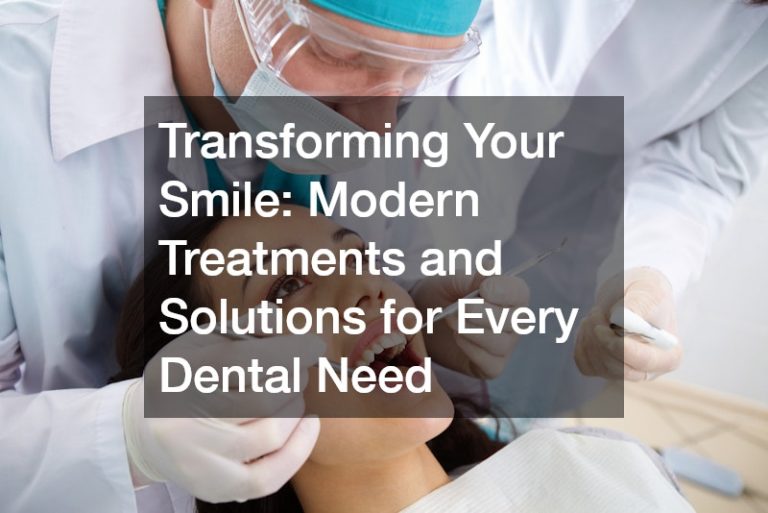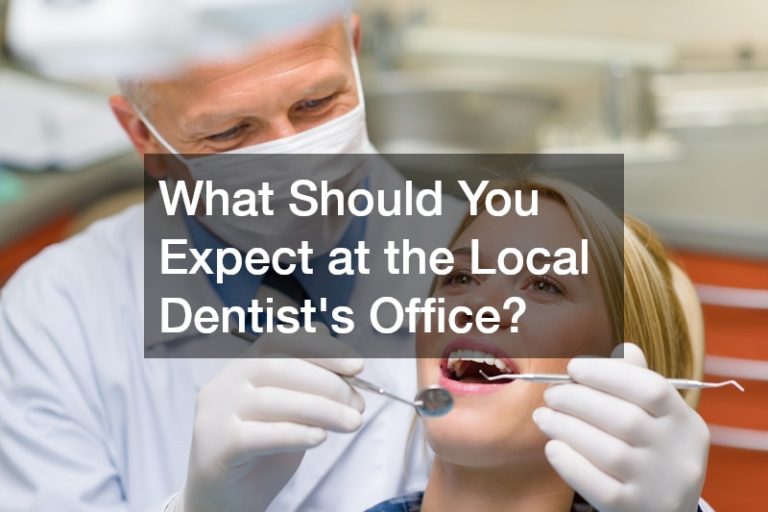

Tooth decay is one of the most prevalent health concerns in the United States. The Centers for Disease Control and Prevention estimate that about 15.6% of children 6 to 19 and about 23.7% of people 20 to 64 currently have untreated dental cavities.
While hearing you have a cavity from your general dentist might just be a small annoyance, the truth is that tooth decay can have seriously damaging impacts on one’s overall health and well-being.
Here are four ways tooth decay can damage your health:
1. Tooth decay hurts: Having a cavity is usually a painful experience — and if the cavity isn’t treated by a family dentist, you can risk developing a dental abscess, a serious condition which requires the work of an emergency dentist.
2. Tooth decay results in tooth loss: In tooth decay’s most serious stages, an emergency dentist will have to extract the tooth because the decay can’t be fixed. Having a missing tooth can be a severe detriment to one’s self-confidence, and harms one’s chewing and speaking functions as well.
3. Tooth decay can cause periodontal disease: Periodontal, or gum diseases, is a serious health condition that can lead to heart disease and diabetes. Emergency dentists can usually advise you on how to manage gum disease, but it’s much easier to avoid it altogether and practice good brushing and flossing habits.
4. Tooth decay costs money: The cost of getting dental implants to replace missing decayed teeth is significantly higher than the cost of brushing, flossing and seeing a dentist regularly. Emergency dentists’ appointments are also more expensive than those of your general dentist. To keep your health and your bank account in good shape, practice good oral health habits every day.


